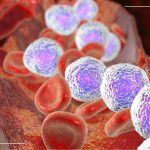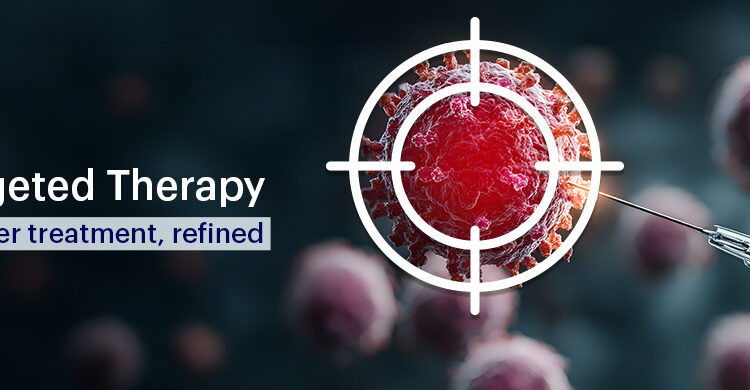The gut microbiome plays several key roles in human health. Gut microbes assist us with the absorption of some nutrients and the synthesis of others, the development and regulation of the immune system, and maintenance of gastrointestinal tract structure. Diet and lifestyle have major influences on the gut microbiota, and the composition of the gut microbiota, in turn, influences our risks for various diseases. Colorectal cancer, in particular, is associated with changes to the gut microbiome, and these changes may influence disease progression and the success of treatment. Certain microbes, including Fusobacterium nucleoides and Bacterioides fragilis, are found more frequently in the intestines of patients with colorectal cancer, and both are suspected to contribute to colorectal cancer pathogenesis. Other bacteria may have a preventive effect.
Importance of Healthy Gut Microbiota in Preventing Colorectal Cancer – Recent Studies
Two recent studies highlight the importance of healthy gut microbiota in preventing colorectal cancer.
Anti-Tumor Bacteria Treat Colon Cancer in Mice
The authors of the first article report that certain microbes in the Clostridiales grouping appear to have an anti-tumor effect because of their interactions with the immune system. In a paper published on October 13th, 2021 in Cell Host & Microbe, the researchers report that Clostridiales bacteria are found at lower levels in patients with colorectal cancer compared with healthy individuals.
The researchers next found that applying oral mixtures of four of the Clostridiales strains could help treat colorectal cancer in a mouse model. The mixture appears to function as a type of immunotherapy, by stimulating CD8+ T cells (which include cytotoxic T cells that attack infected or malignant cells) to enter tumors.
Although the evidence is currently based on mouse studies, the authors suggest that these strains could one day be used in an oral treatment for colorectal cancer or other cancers in humans. They note that bacteria could be used along with immunotherapy to improve immune cells’ ability to infiltrate tumors.
Antibiotic use Associated with Colon Cancer Risk
Another group of investigators found that exposure to antibiotics may raise the risk of colon cancer. Based on data from Sweden’s national registers, they report that people who took antibiotics for more than two months had 17% higher odds of developing colorectal cancer.
The researchers conducted a matched case-control study by first identifying over 40,000 cases of primary colorectal cancer that occurred in Sweden from 2010 to 2016. For each cancer case, they next selected five controls matched for age, sex, and county.
The analysis showed a higher risk of cancer in people who had taken antibiotics, especially for longer periods. The association with antibiotic use was strongest for cancers of the ascending colon. On the other hand, the researchers report that specifically in women, there was an inverse association between antibiotic use and rectal cancer.
Meanwhile, patients who took methenamine Hippurate, a bactericidal non-antibiotic drug that does not affect the gut microbiome, did not show an increased risk. This lends support to the idea that the effect on CRC is linked to microbiome changes resulting from the antibiotic treatment.
The study authors note that there may be confounding factors that were not included in the model, such as diet, comorbidities, and willingness to use healthcare services. They attempted to mitigate this by including socioeconomic status, use of specialist healthcare, and number of hospitalizations. Another study limitation is that the antibiotic data was available only from 2005 on, so the study’s maximum follow-up period after antibiotic use was 11 years.
 A recent study reports that people who took antibiotics for more than two months had higher odds of developing colon cancer. However, they also found an inverse association between antibiotic use and rectal cancer in women. Source: Wikipedia
A recent study reports that people who took antibiotics for more than two months had higher odds of developing colon cancer. However, they also found an inverse association between antibiotic use and rectal cancer in women. Source: WikipediaConclusion
Hypotheses for how gut microbes influence cancer development include toxin secretion, the influences of bacterial metabolites, interactions with the human immune system, and interactions between microbial biofilms and the intestinal epithelium. Current research reveals a complex and multifactorial situation. For example, B. fragilis may promote the development of cancer in part by producing the toxin fragilysin, but a recent study suggests that even non-toxin producing strains of the same species are associated with CRC and can activate inflammatory immune responses.
Also read
Respiratory allergies and gut microbiota






